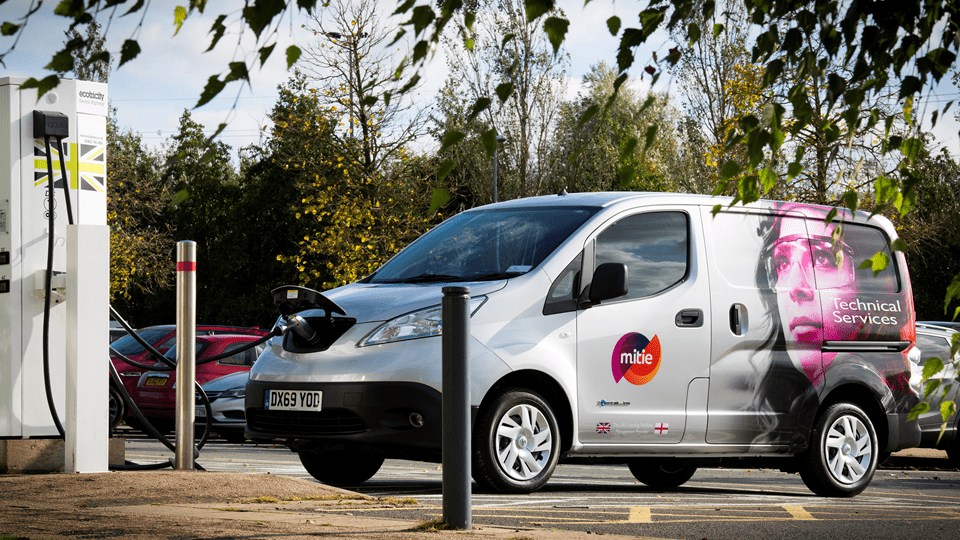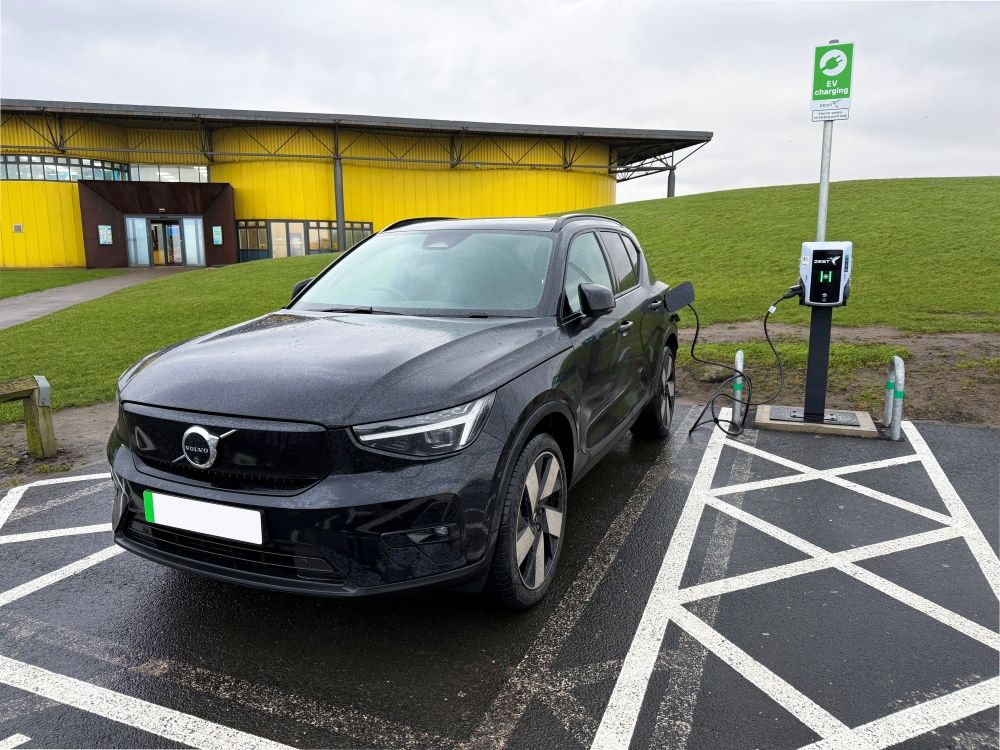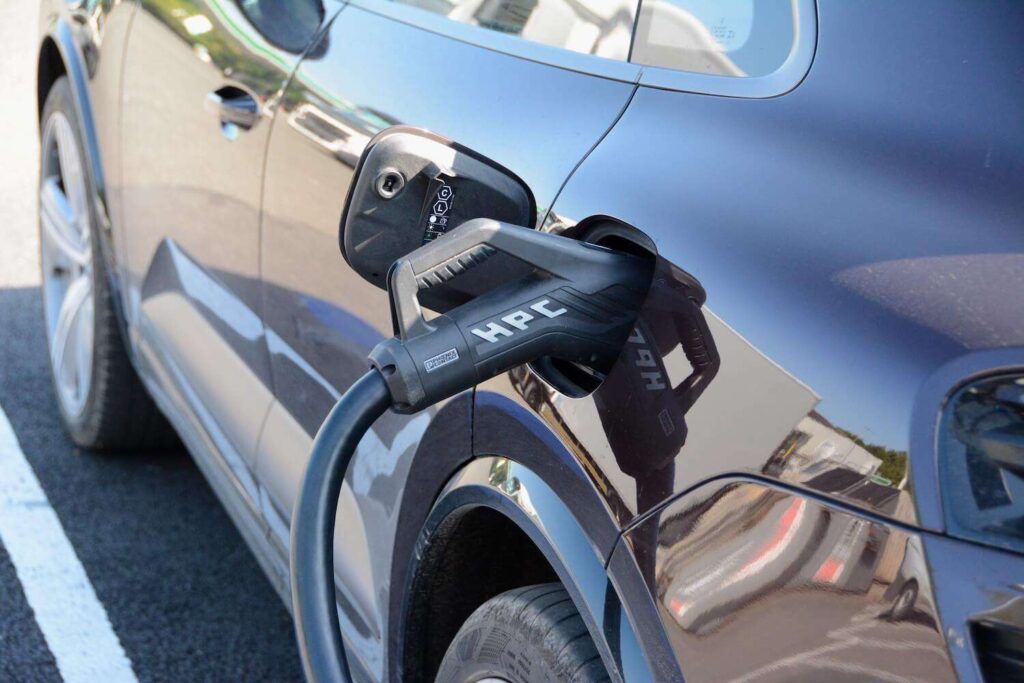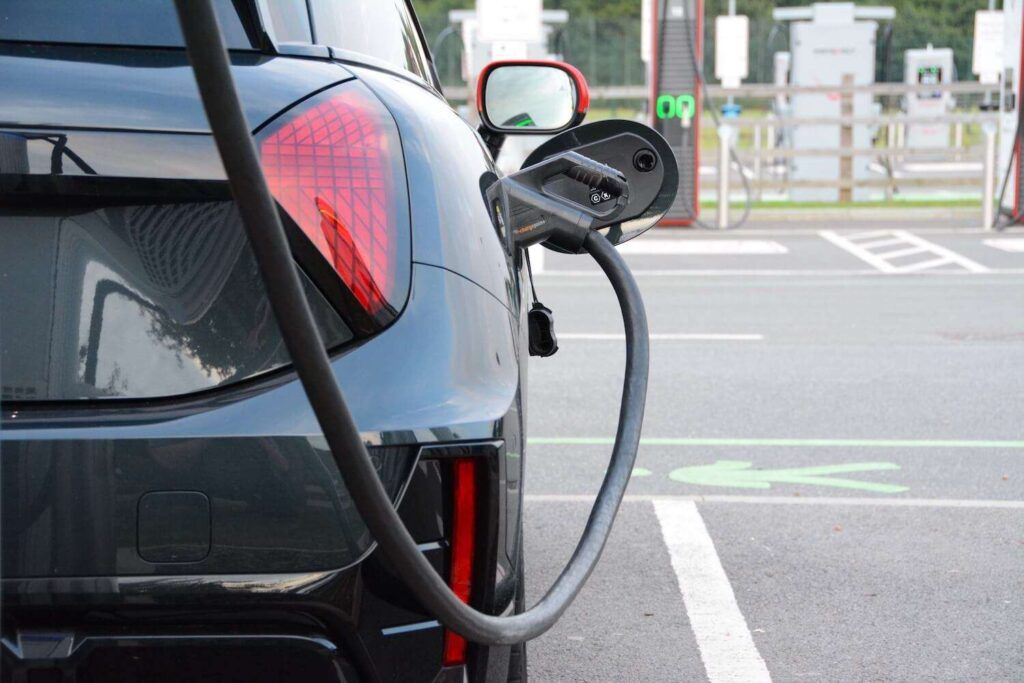Mitie has transitioned 50% of its fleet to electric vehicles and now operates more than 3,500 EVs across its business.
This EV deployment is part of Mitie’s wider Plan Zero pledge, which includes a commitment to fully electrifying its fleet by the end of 2025.
Mitie’s EV transition started in 2018 and has progressed at pace, with the company having celebrated its 3,000th EV last December. Just last month, Mitie deployed 60 EVs across some of its major contracts including Magnox, where EVs are used by engineers conducting essential maintenance services to critical nuclear infrastructure.
Mitie’s electric fleet includes a wide range of different vehicles, all of which are used by its colleagues up and down the country, across different operations, from engineering and maintenance to security and landscaping. The latest EV roll-out, that saw Mitie pass the 50% mark, was a fleet of Vauxhall Vivaro-Es, which will be driven by Mitie’s Technical Services mobile engineers.
EVs continue to play a major role in not only Mitie’s own net zero ambitions, but also in its Decarbonisation Delivered initiative, where EVs are an integral part of almost all carbon reduction opportunities presented by Mitie to its customers. As part of this approach, Mitie recently supported the Defence Infrastructure Organisation in securing 20 EVs at its Gibraltar site.
To support the rapid growth of its EV fleet, Mitie has also installed 2,800 EV charging stations across customer sites and colleagues’ homes.
Heidi Thompson, Group Fleet Manager, Mitie, said: “Reaching the halfway stage in our roadmap to achieve a zero-emission fleet is an important milestone which underscores our commitment to our Plan Zero pledge, and our goal of fully electrifying our vehicles by the end of 2025. With more than 3,500 electric-powered vehicles now in operation, we’re proud to boast one of the largest electric fleets in the UK. Mitie continues to lead the way in fleet electrification and is proud to be at the forefront of sustainable practices within our industry as well as supporting other organisations to achieve their own net zero targets.”












